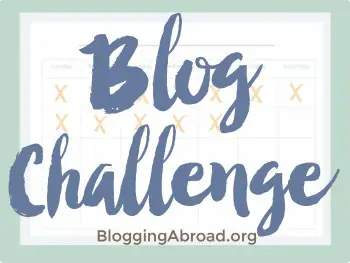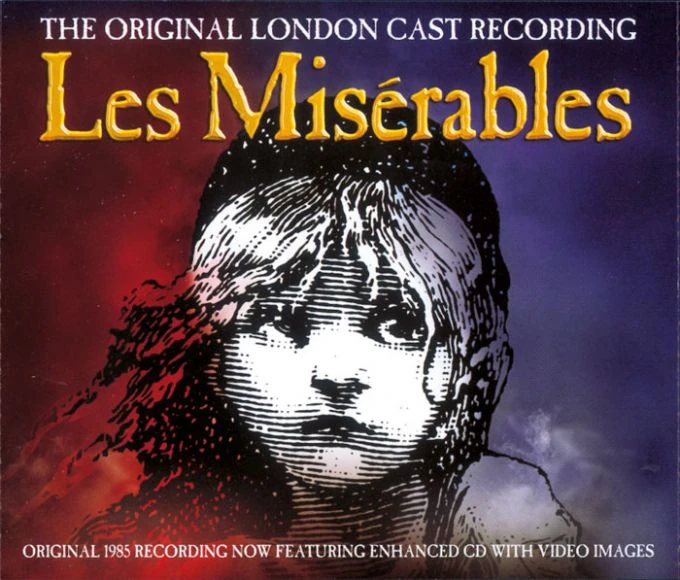“Learn from yesterday,
live for today, look for tomorrow, rest this afternoon.”
 |
| Our rendition of an "awkward family photo." How did we do?! |
Michelle and I were blessed to have Nicole and Eddie Minkoff
visit us during the July break from school. While we were together, we were able to go on a road trip
along the Wild Coast. What a
beautiful place! There was a lot to
see and do; especially since we enjoy the outdoors. And the best part – we got to enjoy it with two of our best
friends from back home.
Learn from Yesterday:
Addo Elephant Park
 |
| African elephants at Addo Elephant Park |
We definitely found a strong connection to “yesterday” at
Addo Elephant Park. Our guide taught us much about the history and significance
of the many animals native to South Africa. We learned why humans are unable to
domesticate zebras, the differences between African elephants and Asian
elephants, and the complicated history between these beautiful creatures and
humans. We learned that all of the reserves and parks refuse to release their
population counts for black rhinos because they do not want to attract the attention
of poachers. We learned that if you are worried about meeting a lion, hang out
with a zebra—they can spot a lion at a great distance. We learned that
anything, truly anything, could be disguised as a warthog (and vice versa).
“Look at that elephant… Never mind,
it’s a warthog.”
“Was that an eland or a hartebeest?” “Neither, just a warthog.”
“Is that a lion?!” “Nope. Warthog.”
 |
| Warthog: The chameleon of mammals... |
Most importantly, we learned about the interconnected
history between South African tribes and the wildlife. You can imagine what
this land would be like if the animals hadn’t been rounded up behind fences
(or, in many cases, such as the lions in Cape Town, killed off by settlers).
You gain a sense of reverence for who/what this territory truly belongs to.
 |
| Zebra at Addo Elephant Park |
Live for Today: Cave
Hunting & Cliff Diving
Our first full rest day was in
Coffee Bay. We took advantage
of this beautiful locale by taking a day hike to find some locally renowned
coastal caves. The owner at the backpackers that gave us instructions said the
hike should take about 45 minutes, will “follow the beach”, and would pass a
deep lake/inlet along the way.
 |
| Our trusty guide dog |
The first 10 minutes of the hike followed the beachfront.
This is where we met our trusty guide…dog. At first, we thought the dog was just following us because
it wanted food. But the farther we
walked, the more we realised the dog knew where he was going. The dog stayed with us through the
village, wading across the inlet, around the rocks, up a second hill, through
some guy’s yard, down a sketchy goat path, through a coastal tunnel and to the
hidden cave! At each turn, the dog was there waiting for us as if to say, “Come
on guys – this way!”
 |
| Posing for a photo between the caves |
On the journey back, Michelle and I decided to linger a
little longer at this deep inlet lake. We had been told that there were some
awesome cliff diving spots along the edge. The diving spot was a bit like the
three bears—there was a baby step (about 1 metres/3.3 feet), a medium step
(about 3 metres/9.8 feet), and a giant step (about 6 metres/19.7 feet). Joe had
bravely tested the depth from the baby and medium steps, when a group of small
children happened upon the swimming spot. One fearless child, who looked to be
about 8 years old, climbed straight up to the top and dove right off. We couldn’t
believe his tenacity. Seeing that
he was unharmed, our confidence grew.
Michelle followed suit and went to the highest step. With the help of a countdown from the
kids, she leapt into the air holding her nose. Using the kids and their countdown, I went next. It felt like I was falling for an
eternity, but just as quickly as I left the step I came splashing down into the
water. It was exhilarating!
 |
| Joe's leap |
 |
| Michelle's leap |
Rest this Afternoon: Change
of Plans at Hole in the Wall
 |
| Sounds easy enough... |
We planned a seemingly reasonable 13 km hike from Coffee Bay
to Lubanzi Beach. We embarked on the journey bright-eyed and bushy-tailed and
were not disappointed. The view was breathtaking! The rough fishing trails
meandered up and down the green hills along the gorgeous coastline….and up…and
down…and up…and through a village…and down. Perhaps we should have learned from
our cave hunting experience that any guidebook that says “…and then just follow
the coast” is lying to you.
 |
| Stunning view from the fisherman's trail |
 |
| En route to Hole in the Wall |
After about 5 hours on trail, we arrived at the famous Hole
in the Wall; a natural phenomenon caused by water erosion over time. We started
out on our final leg of the hike and realised that we may have bit off more
than we could chew. Michelle’s new boots weren’t cooperating…and who could
leave this gorgeous view…
 |
| Nature is cool! |
After re-grouping, we decided to forgo the extension of our
trek, rent a room at the local
backpackers, and splurge for milkshakes and
dinner. The rest was welcomed and we felt properly spoiled.
Note: In our decision to rest, we had to cancel our
reservation at the
Mbolompo Xhosa Homestay near Lubanzi Beach. This was a true
disappointment and we are sorry that we did not get to meet the lovely host
family. If you find yourself in the area, consider staying with a local family
and breaking bread together.
 |
| The view looking over the town of Hole in the Wall |
Look for Tomorrow: Thekwini
(Durban) and Beyond…
Our last stop was Thekwini (the isiZulu name for Durban). It
was our first chance to show old friends around some of the places we have come
to love in South Africa. We took Nicole and Eddie to our favourite restaurants,
felt like old pros navigating the complicated city taxi system, and enjoyed a
lovely walk along the oceanfront. We reflected on the many highlights of our
journey together. We have travelled with Nicole many times before, but this was
our first time to embark with Eddie as a part of the crew. We are so very glad
that he did. It was such a joy to get
to know him better and an honour to witness their joy and love for each other.
 |
| Awwwww! Aren't they so adorable?! |
There’s nothing like being able to pick up again with old
friends and, moreso, being able to create new memories. We are so grateful that Nicole and Eddie ventured all the way to South
Africa to share this with us!
 |
| Nicole, Eddie, and Joe in Durban |
















































